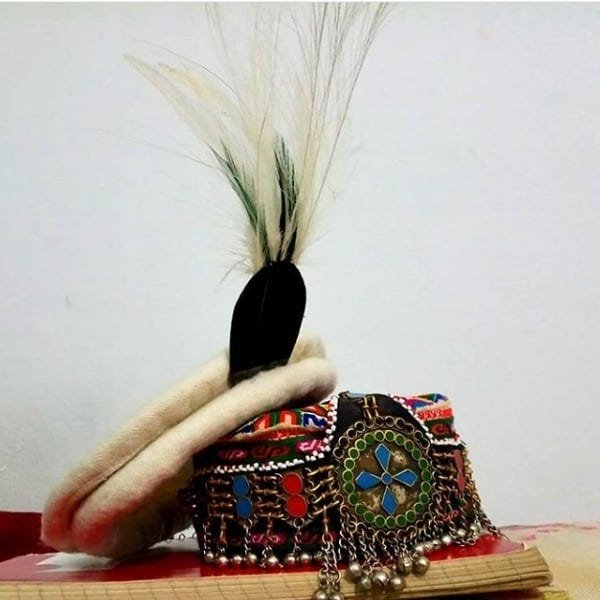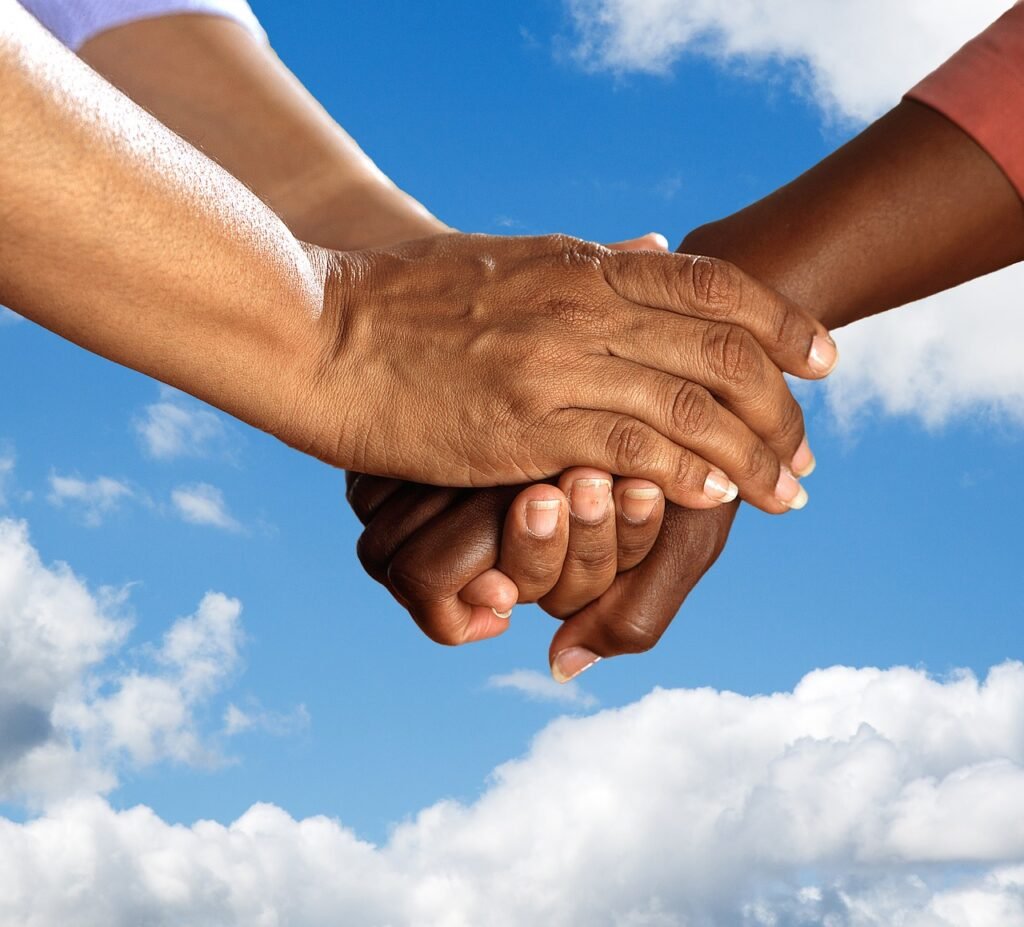My earlier articles have outlined the basic steps toward ethical governance. However, what ethics is can be debated. The world that we live in is of social media trends versus reality. In other words, while reading this, you may also listen to an Andrew Tate video, an Ali Zafar song, or a podcast. But we have lost this unique touch of fighting for a cause. If you were like me, who grew up in the mid-2000s, you knew what equality was. For example, speaking up against animal rights or the Arab Spring – A Political Social media revolution. However, if I look at the trends of today: it is not fighting about. How would it matter to me if a social media influencer makes 1000 + videos with 550 million subscribers?
As a society, we have no sense of community like we used to. So why am I talking about this? Like the food chain, Persons with Disablities are the marginalized of the marginalized. That’s a fact. If no one is affected, no one has to do anything about it. Right. Wrong! This is misleading and puts us on a dangerous road ahead for PWDs.
Family and Freinds
We should discuss morality because I think it starts from the home. As sociologist Talcott Parsons says, ‘ The nuclear family fits the more complex industrial society better. ‘ Most families, even though they might have different complexities are nuclear families. For 80% to 90% of families, I can say that discussing disability is more like discussing the elephant in the room. It is uncomfortable, but it does not have to be.
In an earlier article by Fatima, we read how a disabled person like Mumtaz yearned for people to listen to his story and as well as feeling sympathy for him, feeling like to bring a positive change in society https://gbgoodwillmovement.com/stories-of-the-resilient-mumtaz-ali/. Many family members and friends support Mumtaz’s story, and others like him – a good support network. Otherwise, in Pakistan, a good support network is hard to find. Even if it is, they might mock you or backbite about you.
Whereas in the UK, it is the same but more sugarcoated or sometimes may be blunter about it, but I feel your friends and family are the ones that guide you or should guide you in your life. But why is there a need? Why? When one can compete with you, intellectually or otherwise, why is there a need to have this charity model of thinking as Fatima or Mumtaz described it then?
Fear
I think a central part of this is fear in the context of Pakistan and elsewhere: especially in Gilgit Baltistan, where I believe the culture, if not identical, is very similar to a pan-European culture where there was a similar moral panic in the 1980s when the AIDS crises hit Europe, more specifically Britain. I am not comparing AIDS to disability in the slightest way, but after all, it is a medically termed chronic disease. Fearmongering can be of different volumes – indirect or direct. A 2014 report entitled the difficulties of PWDs in Gilgit Baltistan highlights issues of PWDs, mainly highlighting the lack of awareness within the region https://www.slideshare.net/AleenaKhan11/situationanalysisofpwdingilgitbaltistan2014, and I think fear is the X variable while Y is disability development. There might be a correlation, but it is affected by family relationships and in effect it is a social disease within itself that we need to question.
Moral actions are just as important as ethical governance, and this will affect governance, but it is how we deal with this fear in our families and societies about disability that is a challenge.



